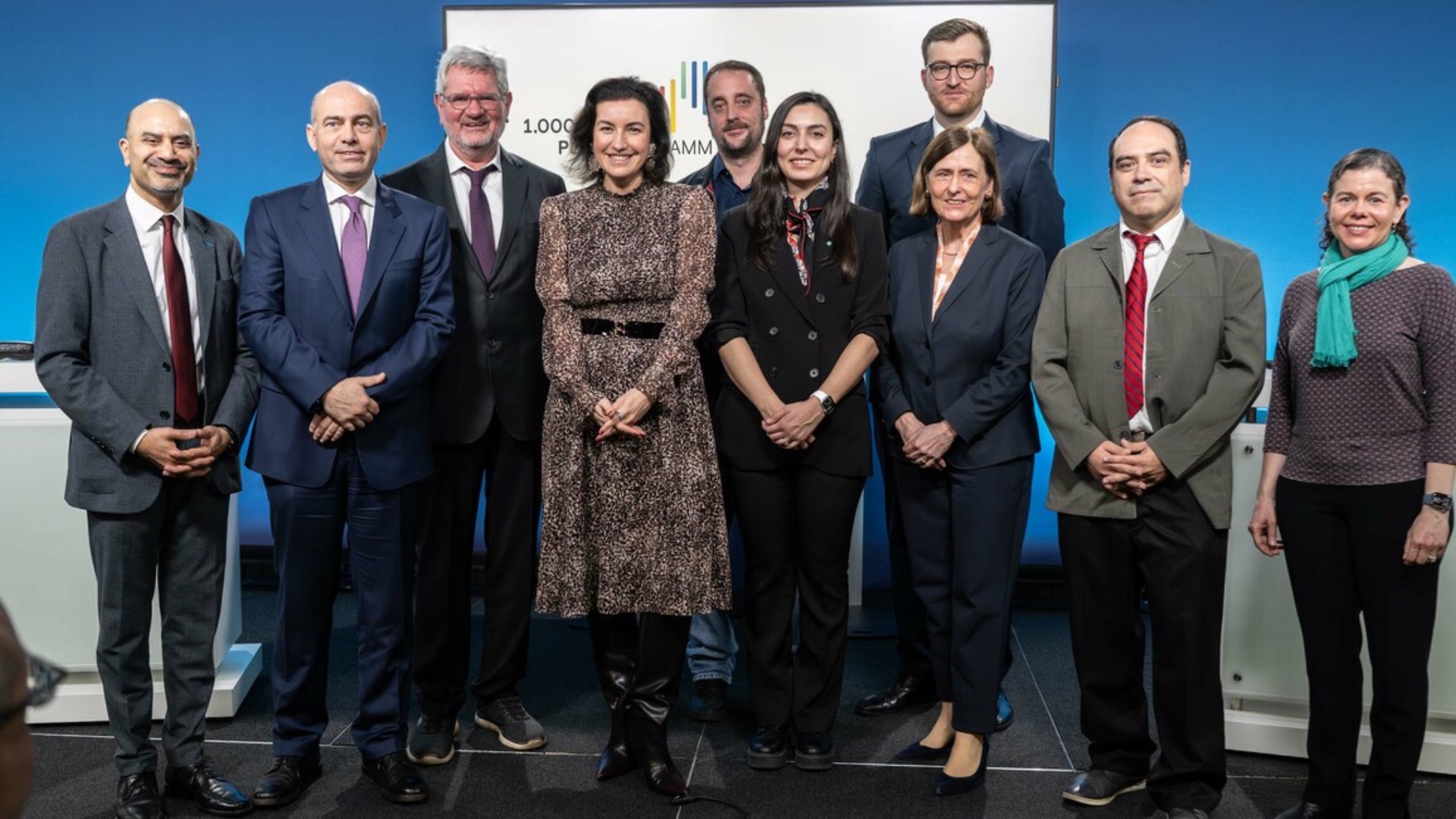The sense of being welcome in Germany has steadily declined among refugees over the past several years, according to a new long-term study by the German Institute for Economic Research (DIW). At the same time, concerns about xenophobia and discrimination are on the rise.
In 2017, 84% of refugees surveyed said they felt welcome in Germany. By 2020, that number had dropped to 78%. In 2023, only 65% still felt welcome, the study revealed.
Researchers also found that discrimination is a recurring experience: 32% of respondents reported facing disadvantages in finding housing, 18% in job searches, and 14% in the workplace itself. Most cited their ethnic background, language, or name as the reason.
Regional and Social Divides
Refugees living and working in eastern Germany reported higher levels of discrimination than those in the west. Men were especially affected when it came to housing and job applications. Education also played a role: women with a medium-level education reported more discrimination in the housing market than those with no formal qualifications.
“Discrimination is not an exception for refugees—it’s a regular part of their lives,” said study author Ellen Heidinger. “That poses risks not only for integration but also for social cohesion.”
Political Climate Fuels Concerns
The study links the decline in refugees’ sense of welcome to public debates over stricter migration policies, including measures to accelerate deportations. In 2016–17, fewer than one-third of refugees worried about xenophobia. By 2023, that figure had jumped to 54%.
Impact on the Next Generation
The DIW also examined how children of refugees are developing in Germany. It found that while refugee children scored slightly lower in areas like language and social skills at ages two to four, children of mothers with migration backgrounds often showed stronger everyday skills, such as independence in household tasks. According to researchers, these differences were less about flight itself and more about social and structural living conditions.
The findings underscore the challenges Germany faces in balancing migration debates with the realities of integration on the ground. zdfheute.de














